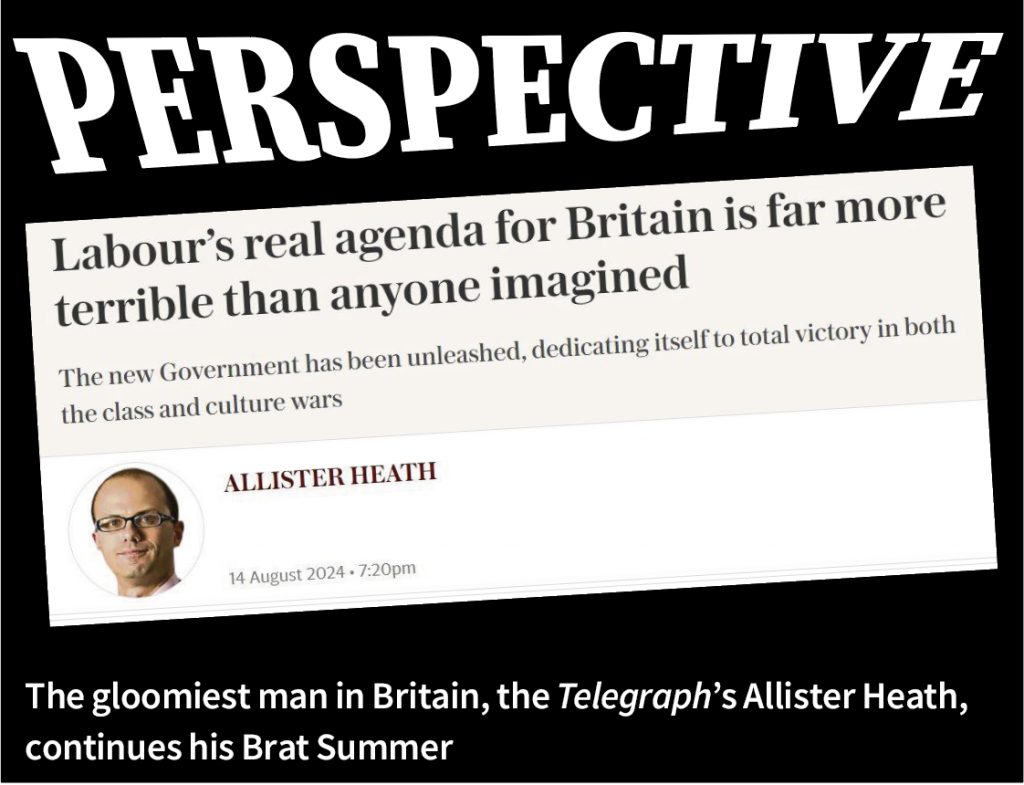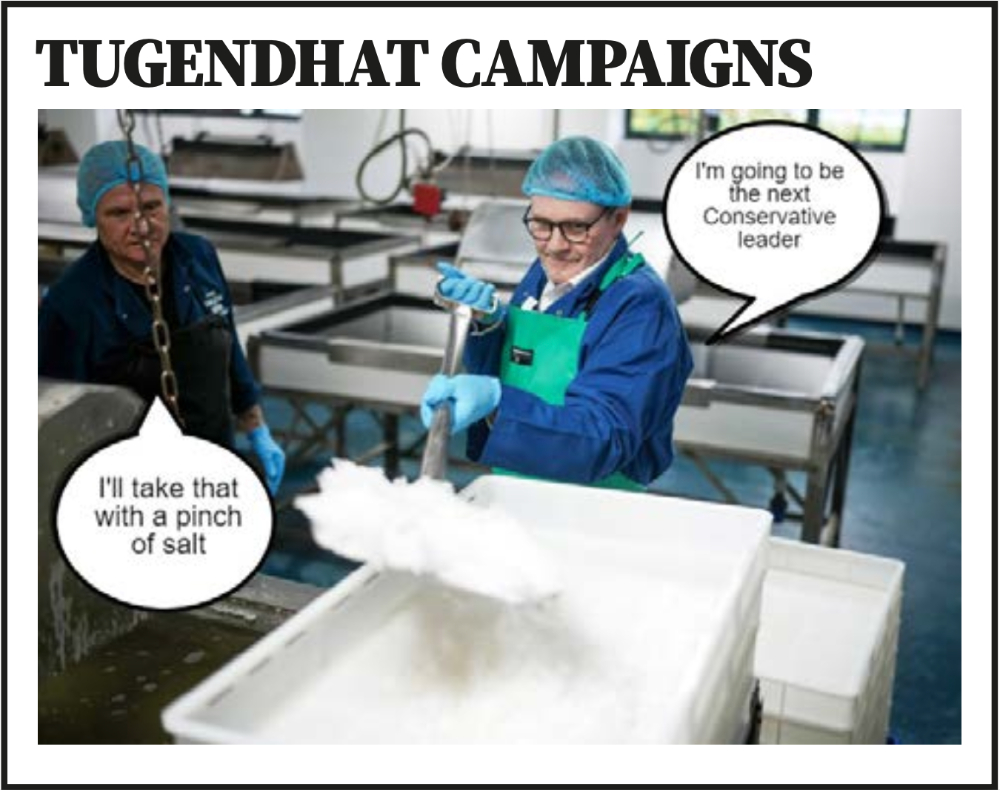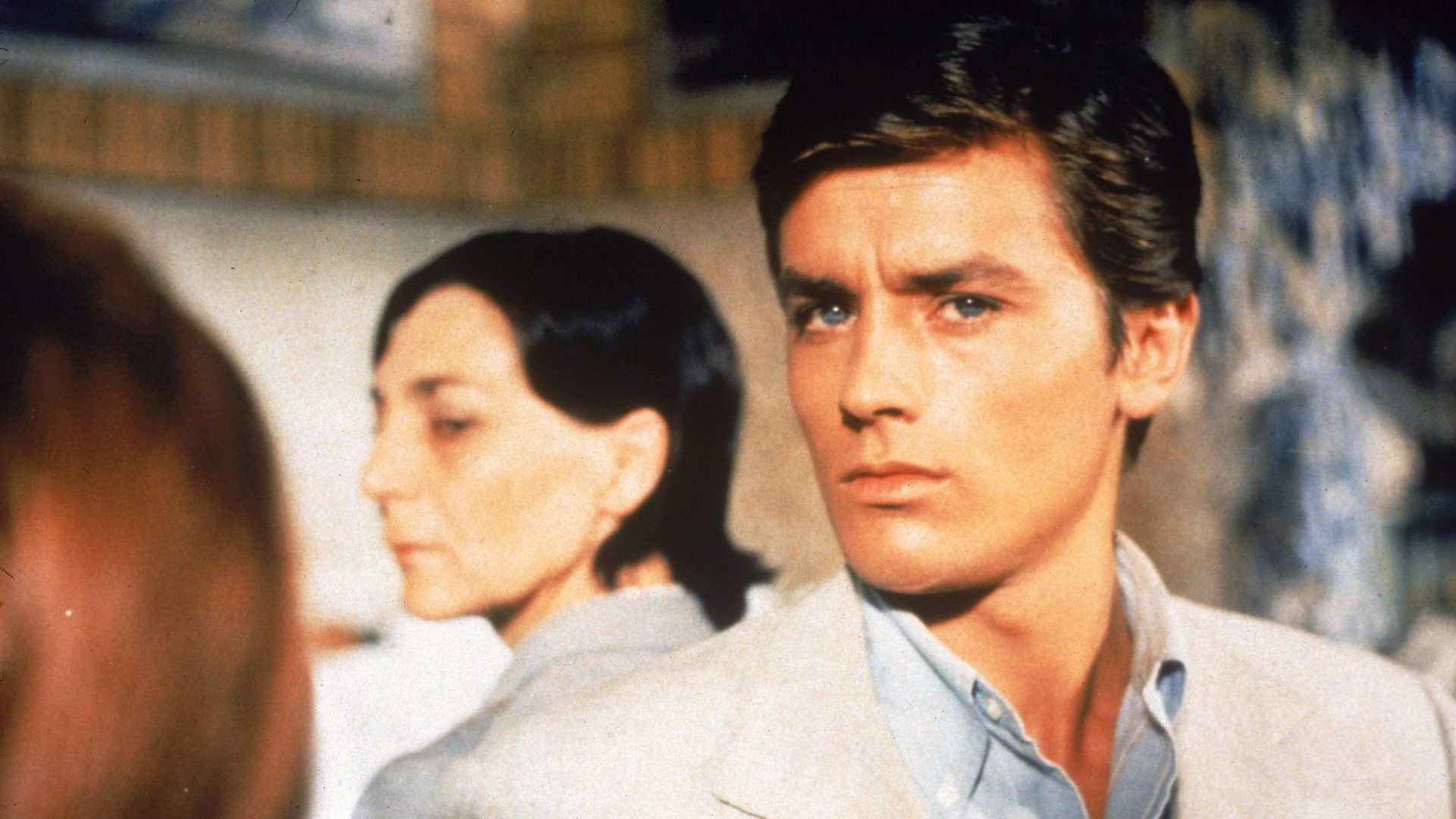Re: Your coverage of the far right riots (TNE #400). Surely there is one simple solution to stopping the dangerous conspiracy theories from being spread by social media sites such as X – stop using these sites.
While responsible journalists continue to subscribe to the likes of X they legitimise its content. They give credence to the mad and dangerous ideas it promotes.
If you do not like a product, you do not buy it. If it does not sell, it stops being made. If you do not like a social media site, do not use it. If it is not used enough, it will evaporate.
Tony Moss
Hexham, Northumberland
We must take a long, hard look at the clear correlation between areas that have attracted the hate riots and those that voted strongly for Brexit and all its inherent xenophobia.
Then we need to acknowledge that years of vitriolic right wing rhetoric – including the nonsense over small boats and deportations to Rwanda and the blaming of migrants for many of the ills that should rightly be placed at the door of austerity – created the right circumstances for this disgusting violence. Hate must not be justified.
Amanda Baker
Edinburgh, EH21
I want my country back – a country which is peaceful and respectful, and does political debate without a private army of rioters in the background. We also need to find the people who organise this online and anonymously, and make them face severe penalties.
Ronald Eccles

Joining up the dots
Re: Jonty Bloom’s “Brexit: the end of the beginning” (TNE #400). If the past has taught us anything, it is that the journey towards (re)joining will be guided by a genuine desire by our citizens, politicians, educators, and businesses for the UK to become a genuine European nation, not a bystander. Quite how to bring the largely foreign-controlled media to the party is anybody’s guess.
Mike Barnard
Will the UK commit to the European project of ever-closer union? Failing that, I would understand the current members of the EU feeling that they are better off without the pain in the arse this country was while a member.
So, forget the detail, concentrate on the ideological philosophy. One, BTW, I am wholly in favour of.
John Tanzer
“Rejoining” is hardly the right word. For it to happen at all, it will need to be a very different Britain (with politicians, public and media all committing to the project), joining on very different terms – no rebates or opt-outs, including on Schengen, the euro, even an EU army.
Tony Jones
Buongiorno Scotland!
Jessica Lionnel’s article on Barga’s Scottish connections (Carousel, TNE #400) mentioned the now demolished Moorings Cafe and Ballroom in Largs, Ayrshire, built by the Castelvecchi family. In 1935, another Largs Scots Italian family, the Nardinis, built a magnificent Art Deco cafe and dining rooms in the town. Considered by many as one of the UK’s finest Art Deco constructions, it remains a favoured destination for west of Scotland families. High tea at Nardini’s (followed by ice cream) is one of the great treats of the Clyde Coast.
In Gourock, a few miles upriver from Largs, can be found the Continental Cafe, once owned by the Toma family. There can be few better places than the Continental to watch a Clydeside summer sunset send fingers of gold across the sparkling river and throw a dozen shades of red to dance behind the Highland hills on the far bank of the fifth.
Martin Roche
Glasgow G52
I know Barga well, my first husband’s family having hailed from there. It never ceases to amaze me that much of the Italian spoken there has a distinctly Scottish flavour.
Rosie Dean
Think outside the box
Philip Ball’s article on Algerian boxer Imane Khelif (TNE #400) is misleading. Ball assumes that Khelif has Swyer syndrome, which seems extremely unlikely, given Khelif’s testosterone levels which we know are typically male. The information that is in the public domain suggests it is far more likely that Khelif has 5-ARD, a DSD which gives considerable male advantage in sport.
Ball ends his article with an appeal for “understanding and compassion”, yet shows no understanding and compassion for the women who were beaten, and deprived of medals, by Khelif. The issue not addressed by Ball is why the International Olympic Committee were so determined to allow Khelif, and Lin, to compete in the female category, based only on the F in their passports. The inclusion of competitors with male advantage in the female category is unfair, and, in contact sports like boxing, extremely dangerous.
Alan Neale
Dorset
Philip Ball writes: “Little information has been released about Khelif’s condition, which is why my article made it clear that it is still a matter of speculation. The point of the article was not to reach any conclusion about the “right” decision for the IOC, but to explain how intersex conditions in general can create ambiguities and complexities that cannot in general be resolved by an insistence on binary, absolute assignations. As Alan Neale indicates, considerations of fairness and safety must be a part of that equation, and my article said as much.”
Utopia is far from simple
Nigel Warburton tackles “the problem of evil” succinctly in TNE #400 as a problem for believers in the all-powerful, all-caring God of the Hebrew and Christian scriptures.
Though I would quibble with his “If there’s no God, there’s no problem of evil”: for atheists, there’s still the problem of the unwelcome reality of evil, just no God to blame!
Responding to this problem drives the Bible on every page, from the fall from the Garden of Eden and Cain’s murder of his brother, Abel, through the sufferings of Job, and the songs of the Psalms, to the cross of Christ: “Why, O Lord?”
Thought experiment: imagine God says: “These atheists and agnostics have a point”, and decides to grant them the power to create another Universe, a Utopiaverse, but with certain parameters: it can’t be lifeless, instead, life must evolve sufficiently to include creatures sentient enough to appreciate love.
Now, do you solve the problem by abolishing all suffering – but how, as life feeds on life? Or by abolishing either all human awareness of how to commit evil – or all ability to do so?
But then human awareness and our ability to appreciate love would be prevented. Creating a Utopiaverse is not as easy as it sounds.
Anthony Thacker
Hinckley, Leicestershire
Whether a chatbot can achieve consciousness or not – it may be generational, but Nigel Warburton’s scepticism (TNE #399) feels right – may matter less than whether we will be able to tell the difference.
If tech bros start replacing every declining part of themselves cell by cell with more durable material, how will we know when they cross the line from sentient to artificial when they still seem perfectly conscious to us? It’s not inconceivable that Elon Musk transitioned some time ago, as the immortal Elonbot would surely come up with his tweets of recent days.
Is this the way robots will inherit power, by gaining control of tech bro billions? Perhaps a test to ascertain whether Elon’s tweets were fuelled by algorithm or testosterone would be in order.
Ivo Peart
Path of least resistance
As a regular reader of this excellent newspaper, and with a love of Europe and a particular interest in language and words, I enjoyed Peter Trudgill’s piece entitled “Following the garden path” (TNE #399). This led me to wonder whether other languages exhibit garden-pathing. I imagine German for example may be immune, since one usually has to pay attention until the end of a sentence to discover the vital verb that clarifies the meaning.
Martin Walters
Cambridge, Cambs
Alastair Campbell writes in his diary (TNE #399) that when researching Kamala Harris he “was surprised to read that she was five feet two inches tall”. As she is not dead, would it not be more correct to note that she is five feet two inches tall? I appeal to Peter Trudgill for support.
Graham Heap
Lewes, Sussex
Harrisment
Bonnie Greer writes (TNE #399) “There is said to have been a silent film called The Last Man on Earth in which all the guys die, and a woman is POTUS. It was remade… as a musical.”
I can indeed confirm that this film – directed by John G Blystone in 1924 – actually exists since I saw it at the National Film Theatre on London’s South Bank and vividly recall that it comes to an extraordinary climax in which two female senators engage in a boxing match staged in Washington with the hero (played by Earle Foxe) as the prize.
The musical remake was It’s Great to Be Alive in 1933.
Richard Chatten
Crystal Palace, London
Train in vain
James Ball’s critique of the decision to halt HS2 (“We’ll all pay for this delay”, TNE #398) well illustrates how this project has become a national disgrace. But curiously (for a publication such as the New European) it does not draw attention to how demonstrable European best practice has been disregarded.
European high-speed rail is a great success. There is already circa 4,000km of route constructed, meeting business case objectives, displacing air travel and promoting economic growth. It is popular with the public too. More km of high-speed rail is planned. That the UK should so totally fail to accomplish that which is commonplace in Europe needs some explanation.
In the 40 years of high-speed rail development in Europe, it is evident that there are essential design standards and specifications which may be regarded as best practice and lead to an indicative European standard cost per km.
They are, with some variation:
– 300 km/h max speed.
– Trains totally compatible with the existing network and existing terminals, albeit enhanced.
– Construction of high-speed lines in brownfield areas only.
It would seem that the HS2 project as devised disregards every single one of these principles. The cynics might interpret this as a “bait and switch” to commit the UK government to a hopelessly inflexible project which has an emerging cost about 400% greater than the original budget (if completed in full). TNE readers may well conclude that this divergence from European best practice is driven by a deliberate promotion of British exceptionalism rather than stupidity.
In my career it became increasingly obvious to me that the UK government was wilfully disobeying EU directives regarding rail transport and we are now seeing the consequences.
Alan James Robinson
(Formerly of British Railways HQ)

BELOW THE LINE
Comments, conversation and correspondence from our online subscribers
Re: “Disinformation station”, GB News (TNE #400). When I last read the Bible, I seem to recall something about rich men, camels, and eyes of needles. I also remember something about selling all your worldly possessions and following a pacifist who happened to have brown skin. In the prequel there was even a “Top Ten” list of the things you must absolutely not do; not bearing false witness (or lying) is on that list, and higher up than murder.
So whatever else he is, and I can think of a few epithets, GB News’s major backer, Sir Paul Marshall, is emphatically NOT a devout Christian.
Stuart Shingler
Re: Matthew d’Ancona on weirdness (TNE #400). We were a middle-class couple living in a nice house in the outer suburbs with a two-car garage… but no car! This made our new gardener – still our friend – describe us as “weird – but nice”.
Janet Berridge
Until reading Matthew d’Ancona’s Culture (TNE #400), I’d never heard of Joe Rogan. From what I read, I’ll choose to continue not to have heard of him.
Michael Rosenthal
Re: Mandrake on the ongoing Telegraph sale (TNE #400). So Martin Clarke, who had hoped he might end up running the Telegraph media empire, is now linked to a “high-profile role” overseeing the New York Post’s gossip website. How are the mighty fallen! Couldn’t he at least get a gig as a presenter on GB News?
Walter Ellis
As a Dutch speaker who works in Brussels, “Belgium’s Babylonian mess” (Carousel, TNE #399) made me laugh. But there is hope. It is not at all rare these days to overhear young Bruxellois/Brusselaars switch from French to Dutch to English within the space of a few sentences, for no other reason than that the idiomatic expression in one language is juicier for what they are communicating.
Ann de Vries
I used to work with a Belgian. It was fascinating to hear how the language choice could become a massive problem for him, whether it be declaring his mother tongue on his CV or which language to speak in at job interviews. It’s good to read all of these years later that he wasn’t having me on!
Iain Thompson
JOIN THE CONVERSATION
Subscribe and download our free new app to comment and chat with our writers



